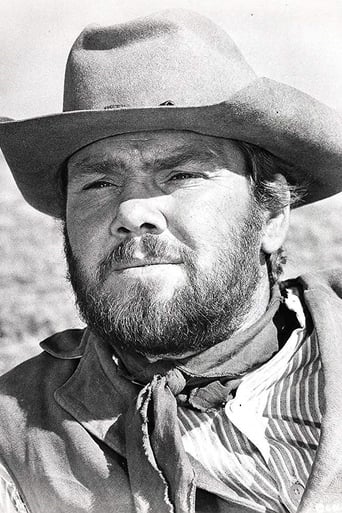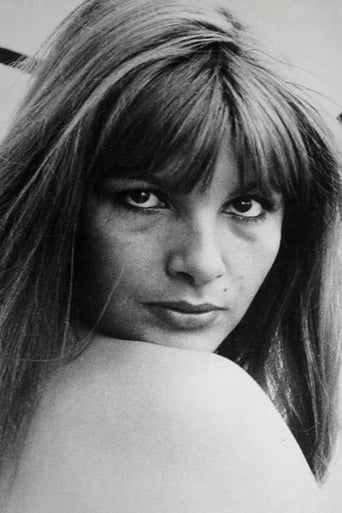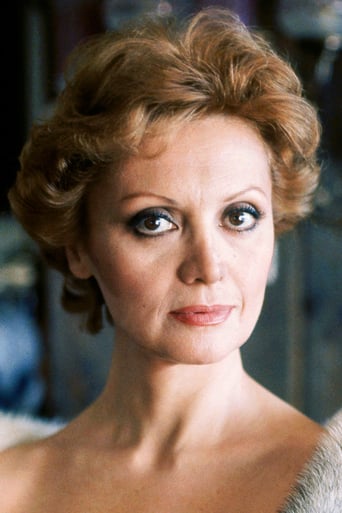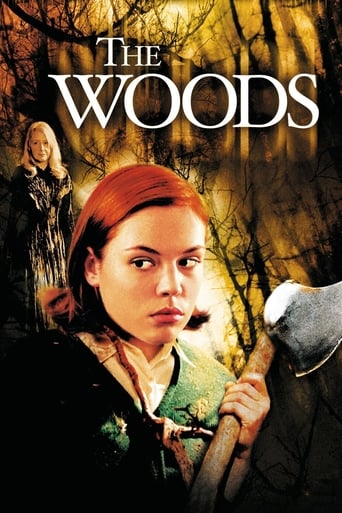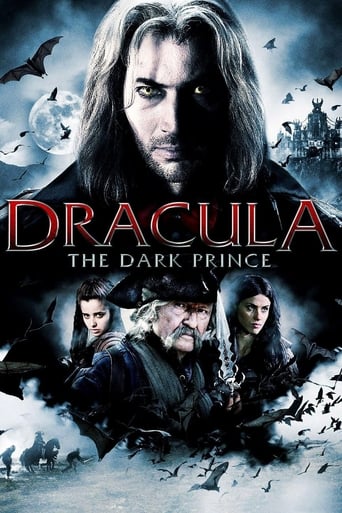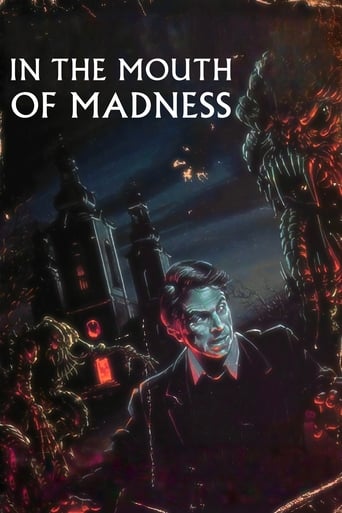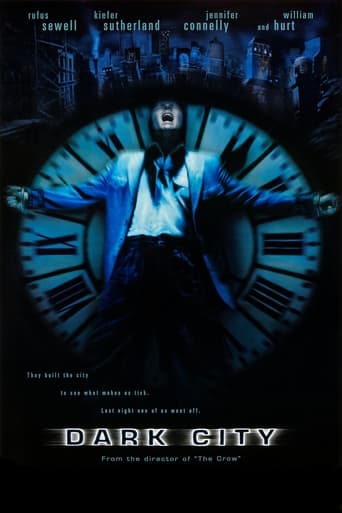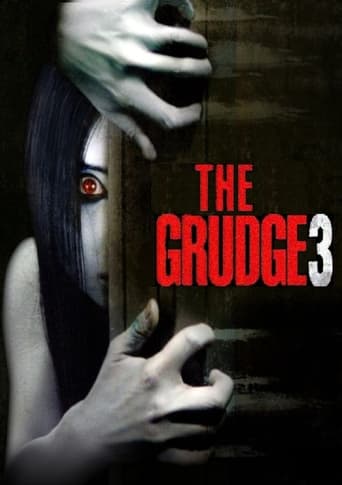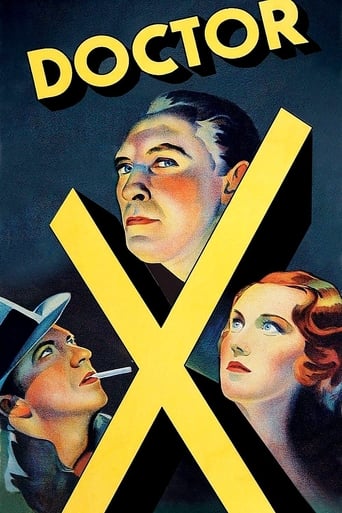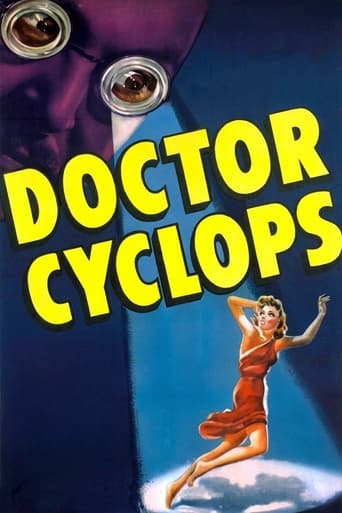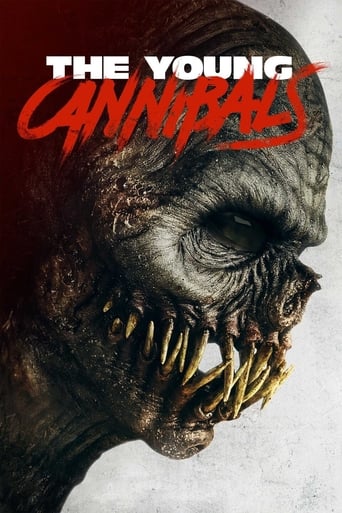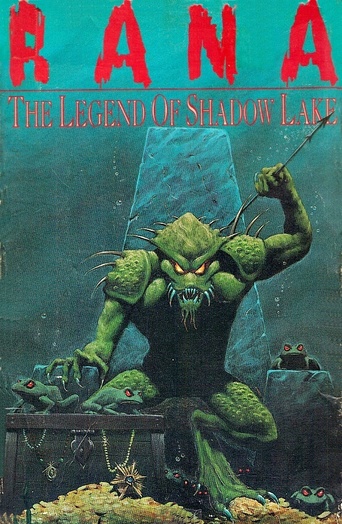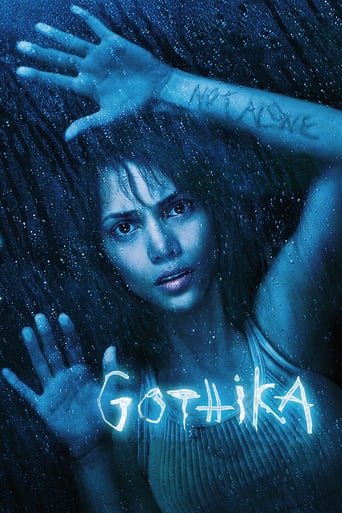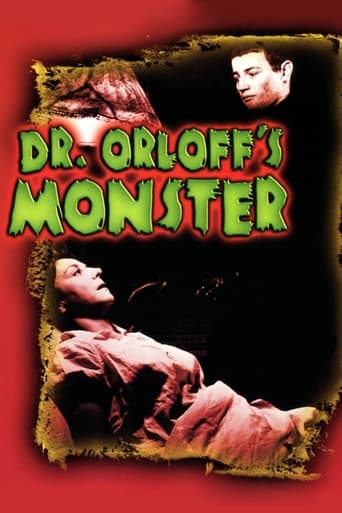
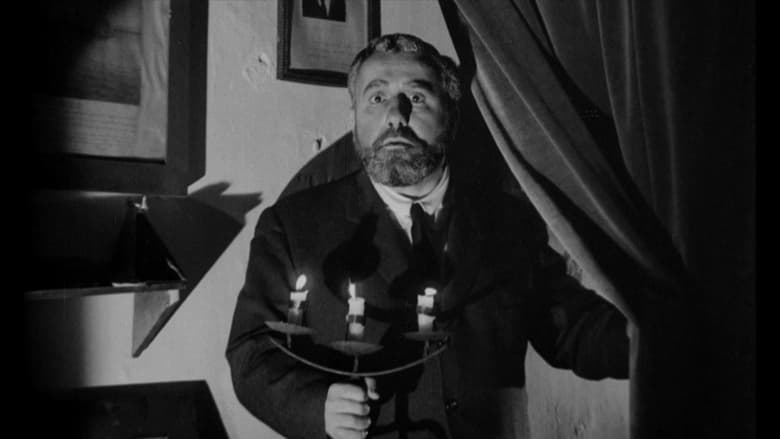
Dr. Orloff's Monster (1964)
A mad scientist creates a hideous monster to carry out his murderous plans...
Watch Trailer
Cast


Similar titles
Reviews
Saw via DVD 7/23/17. One of Franco's best works, in a class with the best of Mario Bava or Dario Argento. The film is his distinctly personal take on the myth of the animated (or re-animated) as homunculus (cf. Caligari, Golem, Frankenstein). The movie achieves strong pathos when the young heiress encounters the monster, a Freudian moment combining the beauty of Agnes Spaak with the terror of a vintage Lon Chaney reveal. The cinematic technique is assured, with especially masterful use of lighting and camera angles. The black and white photography is as visually striking as Franco's Eastmancolor "Vampyros Lesbos" (1971). Anticipates Lynch while looking back at Franju's "Eyes Without A Face"(1959) with maybe some Antonioni thrown in here and there – who knows? As in the other Franco movies I've enjoyed, great soundtrack and music, with the master himself in a keyboard cameo in a jazz dive. Essential film for Francophiles, but maybe also a good starter work for viewers simply wanting a break from Bunuel (yes, they met, according to this website).
Depending on which version of this film's title you prefer, this Jess Franco picture might well be seen as a return to the character of Doctor Orloff, originally played so brilliantly by Howard Vernon in 'The Awful Doctor Orloff'(1962). As someone who became familiar with Franco's work through his later, gaudier 'exploitation' pictures, these earlier entries are a revelation – truly he was masterful at weaving horror atmospherics, a truly talented director of unnerving imagery, using stark black and white to its fullest advantage.Interspersed with several cabaret scenes – a favourite distraction of Franco and one that would crop up in many subsequent projects – this appears to be the story of lovely Melissa (Agnès Spaak), who travels to a superbly realised sinister family castle owned by her Uncle Conrad Jekyll (Marcelo Arroita-Jáuregui). She has been lead to believe her father Andros (Hugo Blanco) died there recently – except that her uncle has turned him into a somnambulistic zombie who sleeps upright in a glass coffin. That's what zombies do, of course? Andros is given the full horror treatment in all ways but one. Direction, sinister musical cues, creepy lighting lay the chills on thick – and yet the make-up is far too subtle to justify the screams of hysterical fear that greet his stumbling confrontations with various characters.Marcelo Arroita-Jáuregui is not hugely effective as Jekyll – he lacks any of the restrained sense of power Vernon had, and Manuel (Pepe Rubio) is occasionally rather irritating as Melissa's love interest (as juvenile boyfriend characters often are), but the acting is rarely less than adequate. The characters are not as important as the atmosphere Franco weaves, and the sinister world of 'Orloff' is pleasingly recreated – whatever the main character calls himself.
Mysterious and reclusive evil scientist Dr. Conrad Fisherman (a solid turn by Marcelo Arroita-Jauregui) resurrects his slain brother Andros (well played by Hugo Blanco) as a lethal automaton so he can kill hookers and strippers. Fisherman's feisty niece Melissa (an endearingly spunky portrayal by the adorable Agnes Spaak) finds herself in considerable jeopardy when she visits Fisherman during the Christmas holiday. Writer/director Jess Franco effectively builds an intriguingly eerie mood, offers plenty of elegant visuals courtesy of Alfonso Nieva's crisp black and white cinematography, maintains a steady pace throughout, stages the murder set pieces with real style and panache, and even tosses in a generous sprinkling of tasty female nudity. Since this a Franco flick, we also get a few groovy nightclub scenes: One memorably sultry scene boasts a sizzling striptease by a hot blonde while another sequence features a lovely brunette belting out a snazzy jazz song (Franco has a nifty cameo as a pianist in one of these scenes!). Daniel White provides a neatly varied shivery and/or jaunty score. The dark themes of adultery and voyeurism give this picture an extra luridly compelling edge. Fisherman's moldy old castle rates as a perfectly creepy location. Moreover, Andros makes for a genuinely pitiable, if grotesque monster; the scenes between Andros and his daughter Melissa are surprisingly tender and touching. A worthy item.
"Dr. Orloff's Monster" is an interesting curio, a sequel, in name only, to "The Awful Dr. Orloff", my favourite Franco pic. Only once in this version is the name "Orloff" mentioned. The Howard Verson role here, another disgraced surgeon, is played by Marcelo Arroita-Jáuregui and his name is Dr. Jekyll. His "Morpho" equivalent, however, called "Andros" (Hugh Blanco), is a central character. Like Morpho, the blind manservant in "Awful", Andros kills for Jekyll and harbors a grudge or two.The story is straightforward. Jekyll's niece Melissa (Agnes Spaak) travels to Austria to visit her uncle at his brooding castle. She finds an unhappy household (shades of "A Virgin Among The Living Dead") and a hostile reception from Jekyll who is all work and no play. But being a curious lass, Melissa takes time to explore the castle at night and meets up with Andros, who turns out to be her missing, deceased father, a tragic figure who lives in a state of walking death and is controlled by low level sonics.Not as technically polished or atmospheric as "The Awful Dr. Orloff", it is still miles beyond most of the crap Franco churned out. Marcelo Arroita-Jáuregui, as Jekyll, is not a very charismatic male lead, and reminded me of a poor man's Sebastian Cabot (from TV's "Ghost Story"). Spaak as Melissa is very pretty and sexy and Blanco manages to elicit our sympathy for his shambling dead man.Stylistically, the film is uneven, and the pacing is funereal at times, evidence of Franco's work ethic melancholy. The director's trademark jazz clubs, saucy strippers and camera zooming are in surplus here, as is his penchant for lurid close-ups of deformed faces (something that must be admired). I like the film, but it lacks energy and suffers from cloudy motivation and one-dimensional characterization.Still worth seeing, though.


